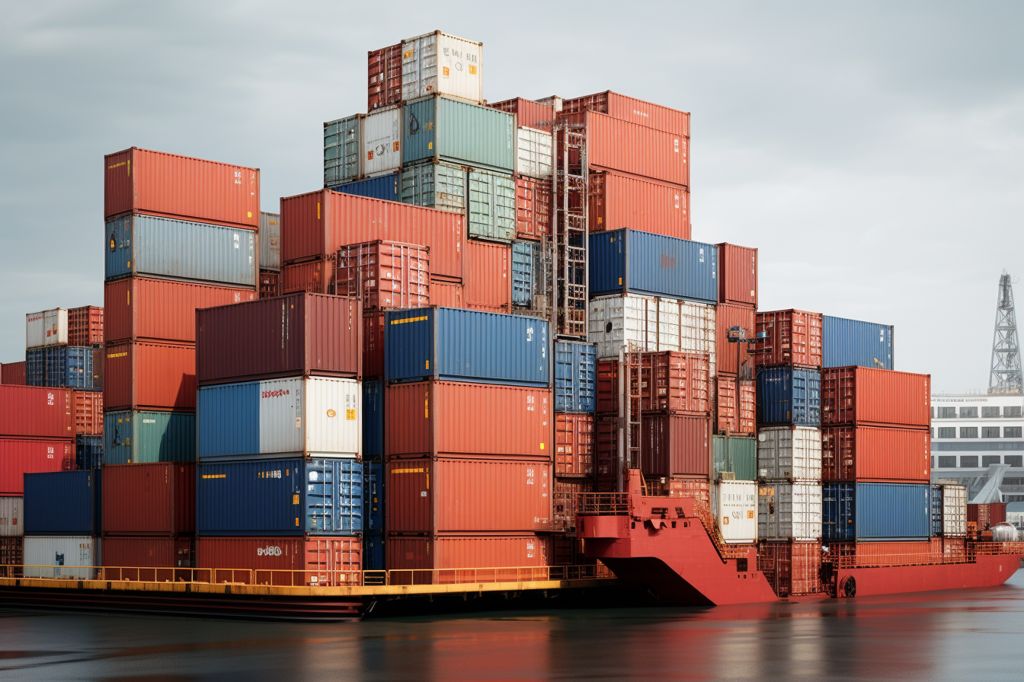Access to education is essential for underprivileged students, and financial aid is a crucial component in ensuring that they can succeed. The Minister of Higher Education, Science and Innovation, Dr. Blade Nzimande, recently met with the National Student Financial Aid Scheme (NSFAS) to discuss the funding decision and payment of allowances for South African students. The meeting took place on August 8, 2023, in Durban, KwaZulu-Natal.
Minister Nzimande Condemns Violence in Universities
During the meeting, Minister Nzimande denounced the recent incidents of violent protests in some universities. He emphasized that violence is never justifiable, and all parties, including student leaders, should condemn it. The Minister also expressed his support for the Student-Centred Model implemented by NSFAS.
NSFAS Payment and Authentication
The NSFAS Board reported that for August alone, R 608,601,526.00 was paid to beneficiaries at public universities, while R 383,671,046 was paid to Technical and Vocational Education and Training (TVET) Colleges. Out of the payments made, 86% of students successfully authenticated themselves and received their allowances. NSFAS sent teams to campuses to assist those who had not yet authenticated themselves.
Direct Payment Solution and Bank Charges
Minister Nzimande welcomed the Direct Payment Solution proposed by the NSFAS Board, which aims to reduce unauthorized access to beneficiaries’ allowances and improve the payment process. The Minister was briefed on the appointment of four Direct Payments Program partners, who were selected through a fair and compliant procurement process. These partners are sponsored by banks with commercial banking licenses and are compliant Financial Service Providers (FSP).
NSFAS negotiated for a R12 monthly bank charge, excluding money transfer costs to other banks. Beneficiaries can use their bank cards at any retailer or ATM within South Africa.
Collaboration with Government Entities
To ensure accurate processing of student applications, the meeting agreed that NSFAS should continue collaborating with government entities such as the South African Social Security Agency (SASSA), South African Revenue Services (SARS), and the Department of Home Affairs.
Accommodation Cap
The meeting addressed the introduction of a 45k accommodation cap, and institutions affected were asked to negotiate with private accommodation providers to adjust rental rates. A task team led by the Department of Higher Education and Training is reviewing the cap, and NSFAS is working with the International Federation of Accountants (IFAC) on a study to review the approach for the next academic year.
Continual Review of Funding Policies
NSFAS is continuously examining ways to amend its funding policies to accommodate the dynamic conditions of students’ lives and relying on collaboration with sector stakeholders to ensure the success of these policy implementations.
Minister Nzimande expects a detailed report from the NSFAS Board following the meeting, as they continue to work together to improve the financial aid system for South African students. Financial aid is essential in ensuring equal access to education for underprivileged students. With the ongoing collaboration between NSFAS, government entities, and sector stakeholders, the financial aid system continues to evolve, better serving South African students.








